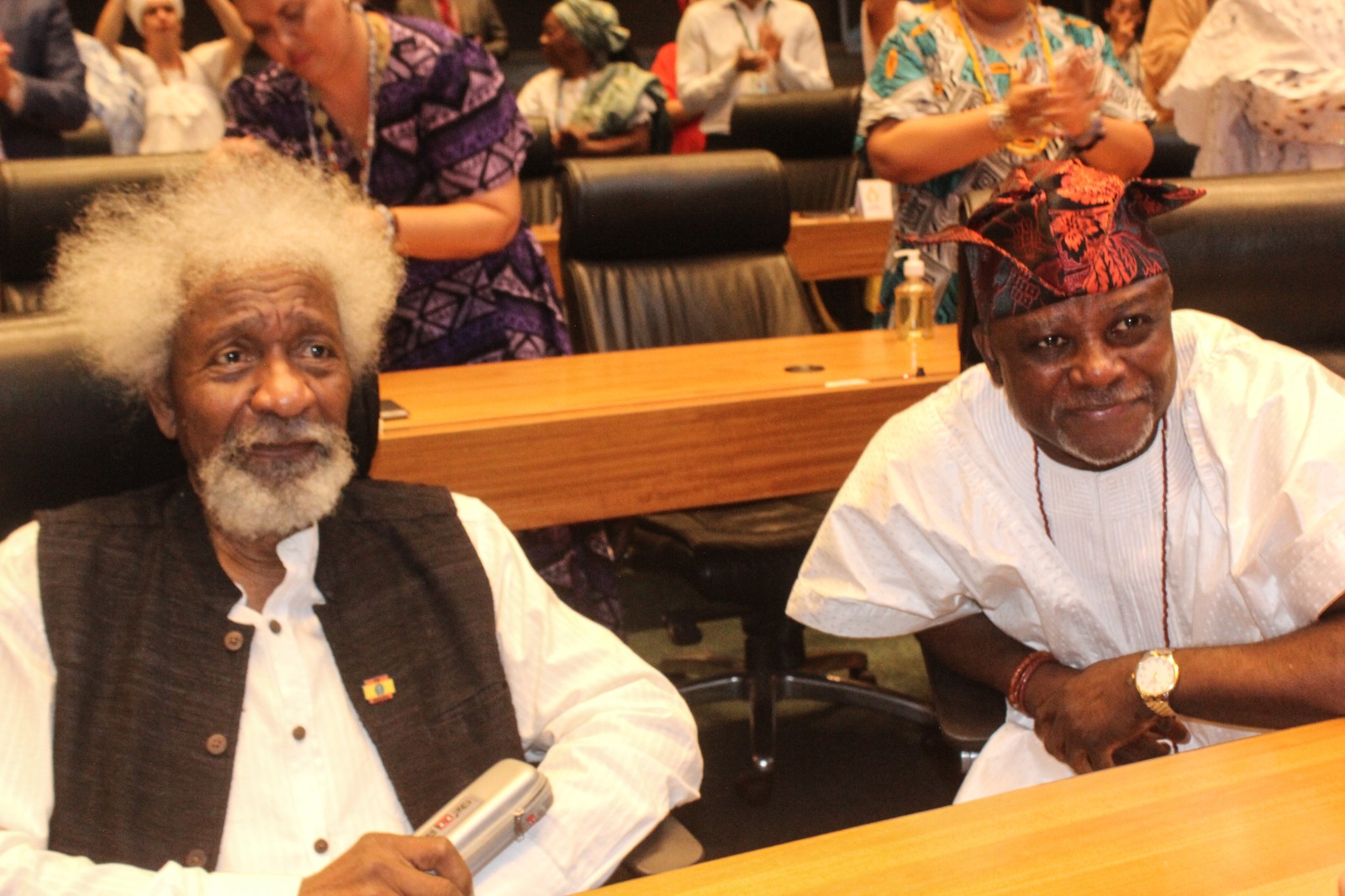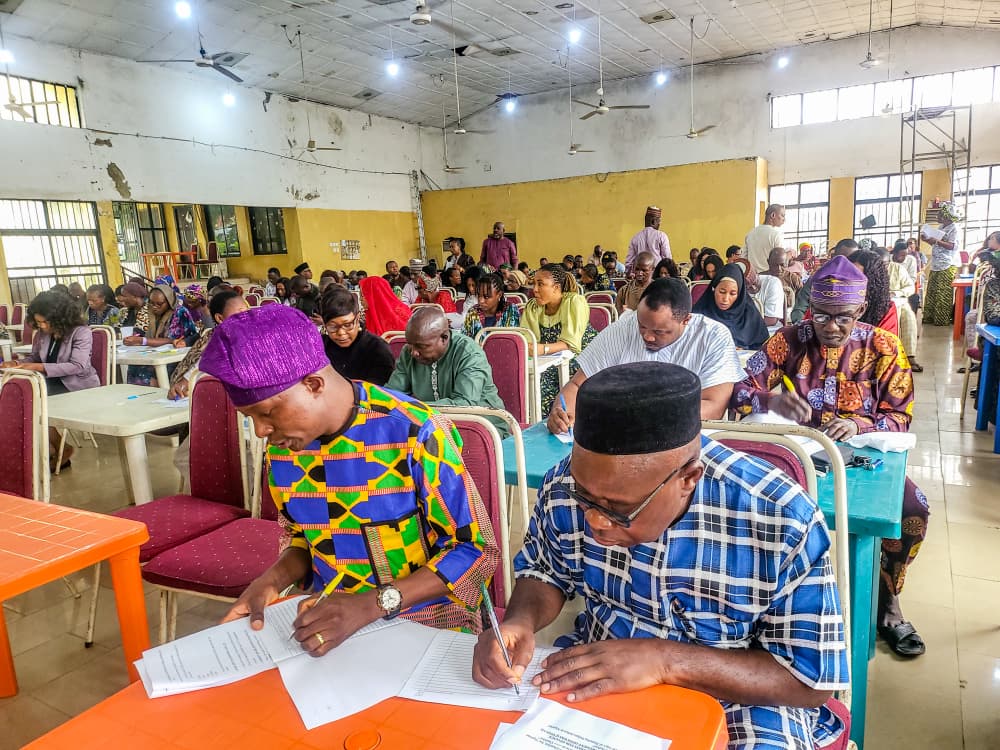 The Head, Department of Linguistics/Igbo and Other Languages, University of Nigeria, Nsukka, Dr. Chris Agbedo, has stated that proper childhood education is key to proper national and sustainable development, which every nation needs.
The Head, Department of Linguistics/Igbo and Other Languages, University of Nigeria, Nsukka, Dr. Chris Agbedo, has stated that proper childhood education is key to proper national and sustainable development, which every nation needs.
Agbedo stated this in a paper, “Mother-tongue education option for meeting the challenges of national development in Nigeria,” which he delivered at the National Conference on “Nigerian Languages, Education and Development,” at the Professor Nebo Conference Hall, University of Nigeria Institute for Nigerian Languages, Aba Campus, Abia State.
He posited that education serves first, society by producing the labour skills needed by society to survive, to reproduce itself and to develop; second, the individual by equipping people with skills and knowledge that enable them to make a living within that society; and third, the civilization of which both the person and the society are members.
According to him, one way these functions work in a society is for Government to make them as major reference points in the National Policy for Education (NPE), because a correct and effective education policy must deal convincingly with the salient issue of development of the economy and society towards eliminating underdevelopment and poverty in the lives of people.
Agbedo added that this informed why the 1990 World Conference on Education for All (EFA) in Jomten, Thailand, was committed to ensuring the universal right to education for every citizen and every society with developing countries making constitutional efforts to provide Universal Primary Education for all.
In view of the forgoing, he advocated language-in-education-policy that breathes fresh impetus into mother tongue-based system of education, as studies have pointed out the overriding pedagogic value of mother tongue-based system of education, arguing that it had also been established that no nation has had a breakthrough through the instrumentality of an alien language.
Stressing that Nigeria should be serious with education in mother tongue, he asserted that researchers have observed that if any society is unserious with this, it causes inconsistencies with learning, difficulty with higher level of thinking and skills of analysis and synthesis, simplistic vocabulary, lack of wide vocabulary in any language, difficulty in retaining information to transfer into long-term memory, and minimal cohesion of central ideas, among other negative impacts.
He then opined that the solution is for Nigeria to explore practical ways of re-inventing mother tongue-based system of education in a manner that would reposition our educational system and predispose it for meeting the challenges of national development, and that it was a step that involved revalorization of indigenous languages, intervention strategies through family plan action, in which parents would guide their wards in a positive language learning direction.
Nwagbo Pat Obi
Corporate Affairs


